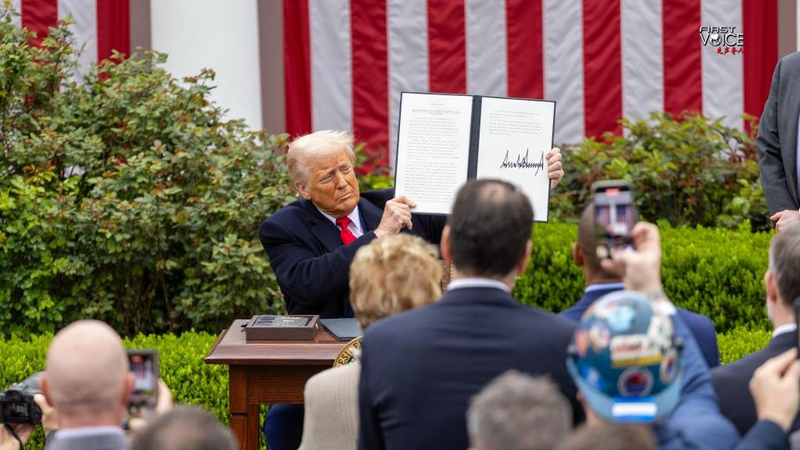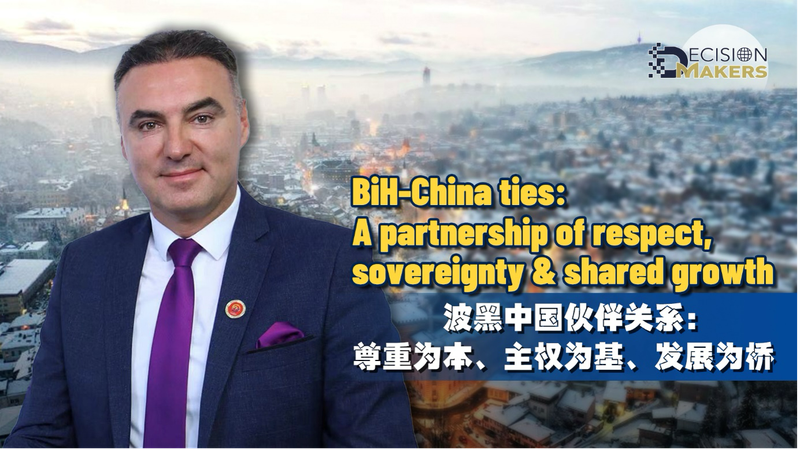The 10th ministerial conference of the China-Arab States Cooperation Forum (CASCF) marked a pivotal moment in international relations and economic partnerships between the Arab world and China. Held in China from May 28 to June 1, the event brought together leaders from Bahrain, Egypt, Tunisia, and the UAE, emphasizing a new era of strategic cooperation.
Amid a globally recovering economy, this year's forum was more than a ceremonial gathering. It was a strategic alignment of mutual interests in trade, technology, and security. The presence of King Hamad bin Isa Al-Khalifa, President Abdul Fatah Al Sisi, President Kais Saied, and President Mohamed Bin Zayed Al Nahyan highlighted the Arab states' commitment to deepening ties with China, a superpower expanding its influence in the Middle East through initiatives like the Belt and Road Initiative (BRI).
Strategic Alliances and Economic Cooperation
The conference produced significant outcome documents, including the Beijing Declaration and the CASCF execution plan for 2024-2026. These agreements demonstrate continuous support between China and Arab states on core interests, enhancing cooperation in politics, economy and trade, investment, finance, infrastructure, resources and environment, cultural exchanges, aerospace, education, and health. The shared vision prioritizes sustainable practices and technological advancement, aiming to create a positive ripple effect across economies and communities.
Reference(s):
China-Arab States Cooperation Forum's path to new cooperation
cgtn.com




